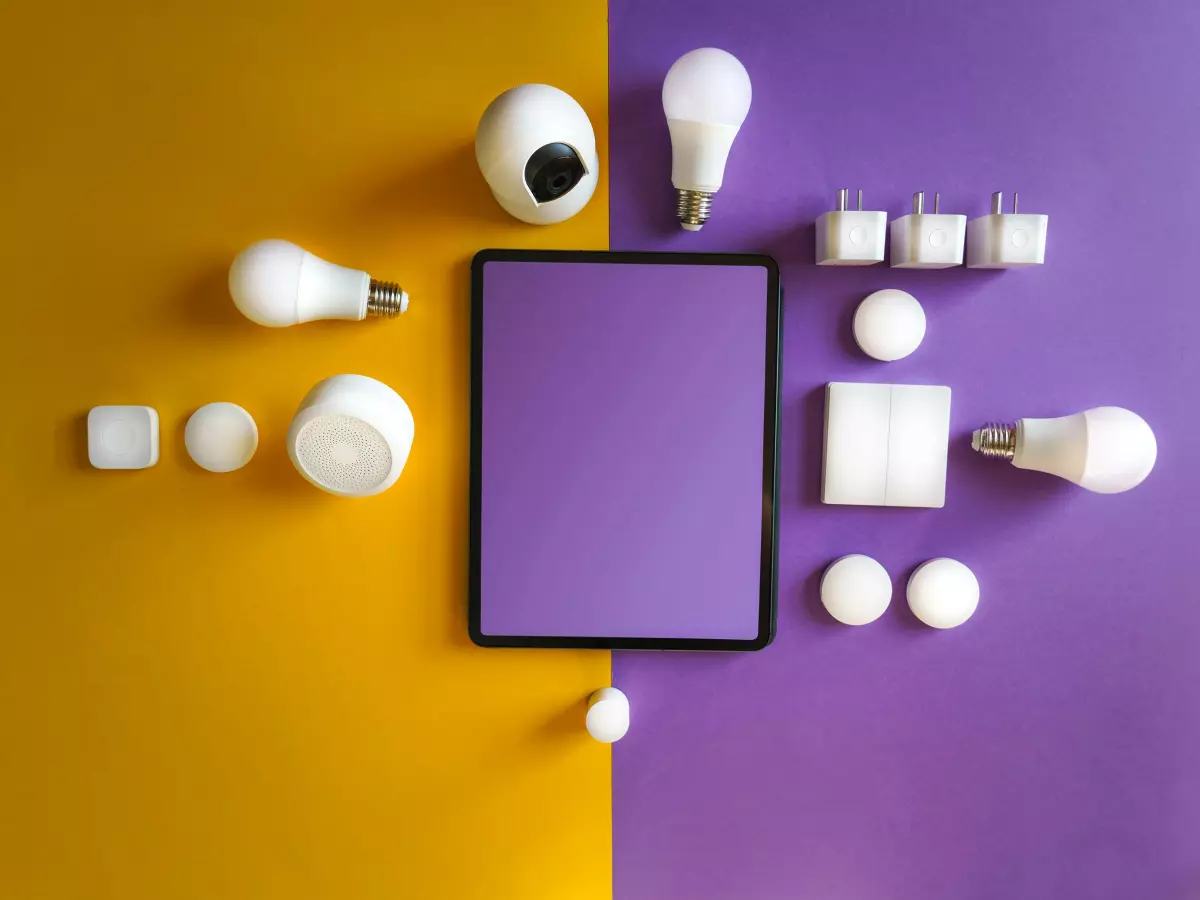Smart Home Hubs
You might think smart home hubs are relics of the past, especially with the rise of Wi-Fi-enabled devices that claim to work seamlessly without them. But here's the kicker: hubs are far from obsolete. In fact, they're quietly doing the heavy lifting behind the scenes, ensuring your smart home ecosystem doesn't collapse into chaos.

By Isabella Ferraro
Let's compare two smart home setups: one with a dedicated hub and one without. The hubless setup relies on individual devices connecting directly to your Wi-Fi network. Sounds simple, right? But as more devices pile on, your network starts to feel the strain—latency increases, and suddenly, your smart lights take a few awkward seconds to respond. On the other hand, a hub-based system acts like a traffic cop, managing device communication efficiently and keeping your Wi-Fi free for more important tasks, like streaming your favorite show in 4K.
So, what's the real difference between these two setups? It's all about how they handle communication. Devices without a hub often rely on Wi-Fi, which, while convenient, isn't always the most reliable or efficient option. Wi-Fi networks can get congested, especially if you're running multiple devices simultaneously. And let's be honest, who isn't? Hubs, on the other hand, use specialized protocols like Zigbee, Z-Wave, or Thread, which are designed specifically for smart home communication. These protocols are low-power, fast, and don't hog your Wi-Fi bandwidth.
But wait, there's more. Hubs also play a crucial role in device interoperability. Ever tried getting a smart light from one brand to work with a smart speaker from another? Without a hub, you're often at the mercy of each device's app, which can lead to a fragmented and frustrating user experience. A hub acts as a universal translator, allowing devices from different brands and protocols to communicate seamlessly. It's like having a multilingual friend who can smooth over any awkward language barriers at a party.
Now, I know what you're thinking: "But Isabella, aren't hubs just another piece of hardware cluttering up my home?" I get it. The idea of adding yet another device to your already crowded smart home setup might seem counterintuitive. But here's the thing—hubs are becoming more integrated and less intrusive. Many modern smart home hubs are built into devices you already own, like smart speakers or routers. So, you might already have a hub without even realizing it!
Another often-overlooked advantage of hubs is their ability to keep your smart home running smoothly even when your internet goes down. Yep, you heard that right. While Wi-Fi-based devices often become useless during an outage, hub-based systems can continue to operate locally. This is because protocols like Zigbee and Z-Wave don't rely on the internet to function. So, while your neighbors are fumbling around in the dark, you'll still be able to control your lights, thermostat, and security system.
And let's not forget about security. With all the talk about smart home devices being vulnerable to hacking, hubs offer an extra layer of protection. Many hubs come with built-in encryption and security features that help safeguard your devices from cyber threats. Plus, because they use low-power protocols, they're less likely to be targeted by hackers compared to Wi-Fi devices, which are more exposed.
In conclusion, while it might seem like smart home hubs are on their way out, the reality is quite the opposite. They're still playing a vital role in keeping your smart home ecosystem running smoothly, efficiently, and securely. Whether it's managing device communication, ensuring interoperability, or providing an extra layer of security, hubs are the unsung heroes of the smart home world. So, the next time you're tempted to go hubless, remember: sometimes, the old ways are still the best ways.
And there you have it. The humble smart home hub isn't just a relic of the past—it's a key player in the future of connected living.





